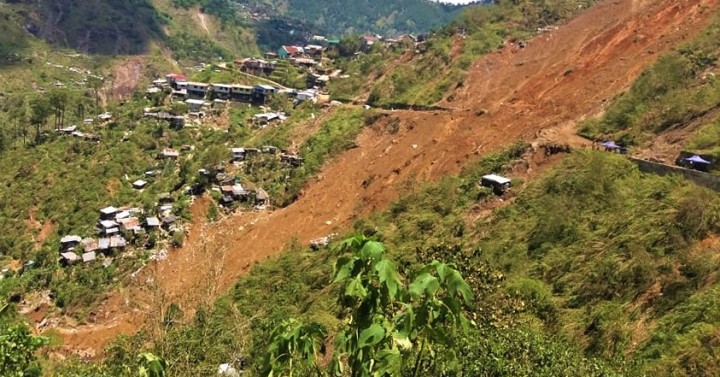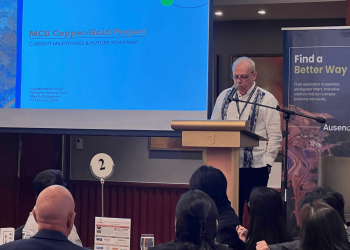Residents of Sitio Dalicno in Barangay Ampucao, Itogon, Benguet have filed a civil case seeking to nullify key agreements and certifications related to a proposed mining expansion within their ancestral domain, alleging flaws in the consultation process and lack of genuine community approval.
Filed on July 21 before a regional trial court in La Trinidad, the complaint names the Mines and Geosciences Bureau (MGB), the Department of Environment and Natural Resources (DENR) Secretary, the National Commission on Indigenous Peoples (NCIP) central and regional offices, the Itogon Indigenous Peoples Organization (IIPO), and mining proponent Itogon-Suyoc Resources Inc. (ISRI) as respondents. The legal challenge targets ISRI’s Application for Production Sharing Agreement (APSA) 103, filed in 2012, which covers the 581-hectare area within the Itogon ancestral domain, as reported on Rappler.
The plaintiffs, Allan Sabiano, Juanito Arciba, Luciano Manuel, Cristeta Caytap, and Regina Sidor, allege that the Free, Prior, and Informed Consent (FPIC) process did not involve genuine community participation. They claim they were excluded from consultations, despite the project area encompassing their homes, schools, churches, roads, and water sources. They have asked the court to nullify the Memorandum of Agreement (MOA) and Certification Precondition (CP), and also to issue a temporary restraining order to halt MGB’s processing of ISRI’s application.
The NCIP had issued the CP on December 23, 2024, affirming compliance with FPIC requirements. However, the petitioners said the FPIC process lacked transparency and community engagement. They described the project as an existential threat to their safety, livelihood, and access to water, warning that large-scale mining could displace small-scale miners who depend on the land for income.
The plaintiffs also raised concerns over a 154-hectare section of the project area that contains crucial water sources covered by valid water permits. Their petition alleges that the MOA signed by ISRI and IIPO in September 2023 was “without basis” and the result of procedural lapses. It further states that affected communities had expressed strong opposition to APSA 103 as early as 2020, supported by petitions and official resolutions from barangay and municipal councils.
The villagers questioned IIPO’s authority to represent them in the FPIC process, noting that the group had not renewed its Certificate of Registration. This is a requirement under NCIP rules to gain juridical personality. They argued that IIPO’s status should not make it the sole representative, and that other Indigenous Peoples Organizations (IPOs) were unfairly excluded.
In a January 3, 2024 resolution, then-NCIP regional director Atanacio Addog dismissed the residents’ complaints and upheld the validity of the FPIC process, citing lack of evidence of irregularities.
Follow Ang Minero on Facebook and LinkedIn for more updates.














